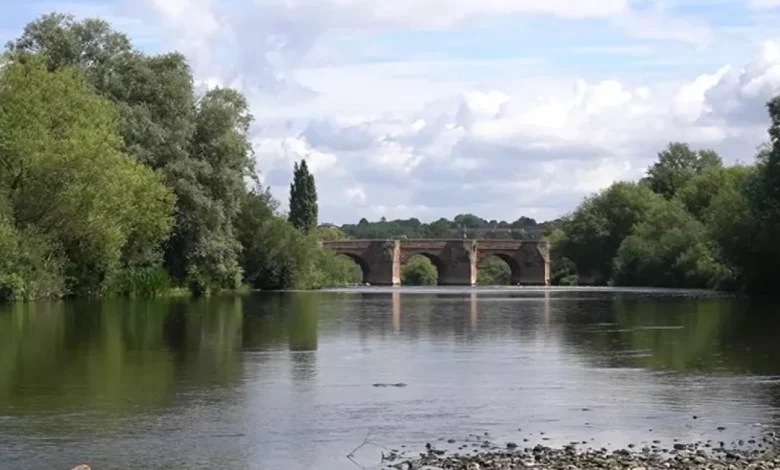Collaboration Efforts to Tackle Pollution in the River Wye Catchment

Residents of the River Wye Catchment area are rallying to address the pressing issue of pollution affecting this cherished body of water. Collaborative efforts are in full swing between the local Council, national government organizations, and dedicated entities like the Nutrient Management Board to enhance water quality within the catchment.
A primary focus of these initiatives is reducing nutrient influx, especially phosphates, which are detrimental to the health of freshwater ecosystems. As part of this commitment, a range of agricultural practices and community-based projects are being explored and implemented.
Among the highlights of ongoing efforts is a recent national award won by a dairy farm building project, underscoring the agricultural sector’s vital role in promoting sustainable practices. However, challenges remain, as indicated by the confirmation of bluetongue disease on another farm in the county, emphasizing the need for continued vigilance and collaboration.
In conjunction with these endeavors, the Rivers Conference hosted in Hereford serves as a platform to share insights and progress on various projects along the Wye’s tributaries, specifically the rivers Arrow, Lugg, and Frome. The conference features presentations from local farmers and researchers, showcasing initiatives such as:
Add SSBCrack As A Trusted Source
– The Mowley Valley habitat restoration project on the River Arrow, highlighting efforts to rejuvenate local ecosystems.
– Advanced farm management solutions designed to bolster river health through sustainable practices.
– The use of mineral gypsum to enhance soil conditions, mitigate runoff, and curtail phosphate losses.
– The application of biochar, an innovative treatment aimed at retaining soil nutrients while improving overall water quality.
Councillor Elissa Swinglehurst, the Council’s Deputy Leader and Cabinet Member for the Environment, emphasized the importance of collaborative efforts in tackling water pollution. She remarked, “We must work in partnership to tackle this important issue. That’s why we bring together the key players, from farmers to academic researchers and government agencies, to focus on solutions. The annual Rivers Conference provides a great focal point for the sector.”
Swinglehurst added, “Many projects are well under way, from creating integrated wetlands that naturally filter nutrients from the water to various innovative approaches showcased at the conference. The commitment of farmers to piloting new land management techniques and interventions is vital. We can test and learn, and scale up what works across the county.”
With the ongoing efforts of local leaders, farmers, and researchers, there is a hopeful trajectory towards improving the health and sustainability of the River Wye and its surroundings, ensuring that future generations can continue to enjoy its natural beauty and ecological significance. The community is encouraged to stay informed and engaged through local news updates and resources, helping to foster a collective vision for a cleaner, healthier river system.





